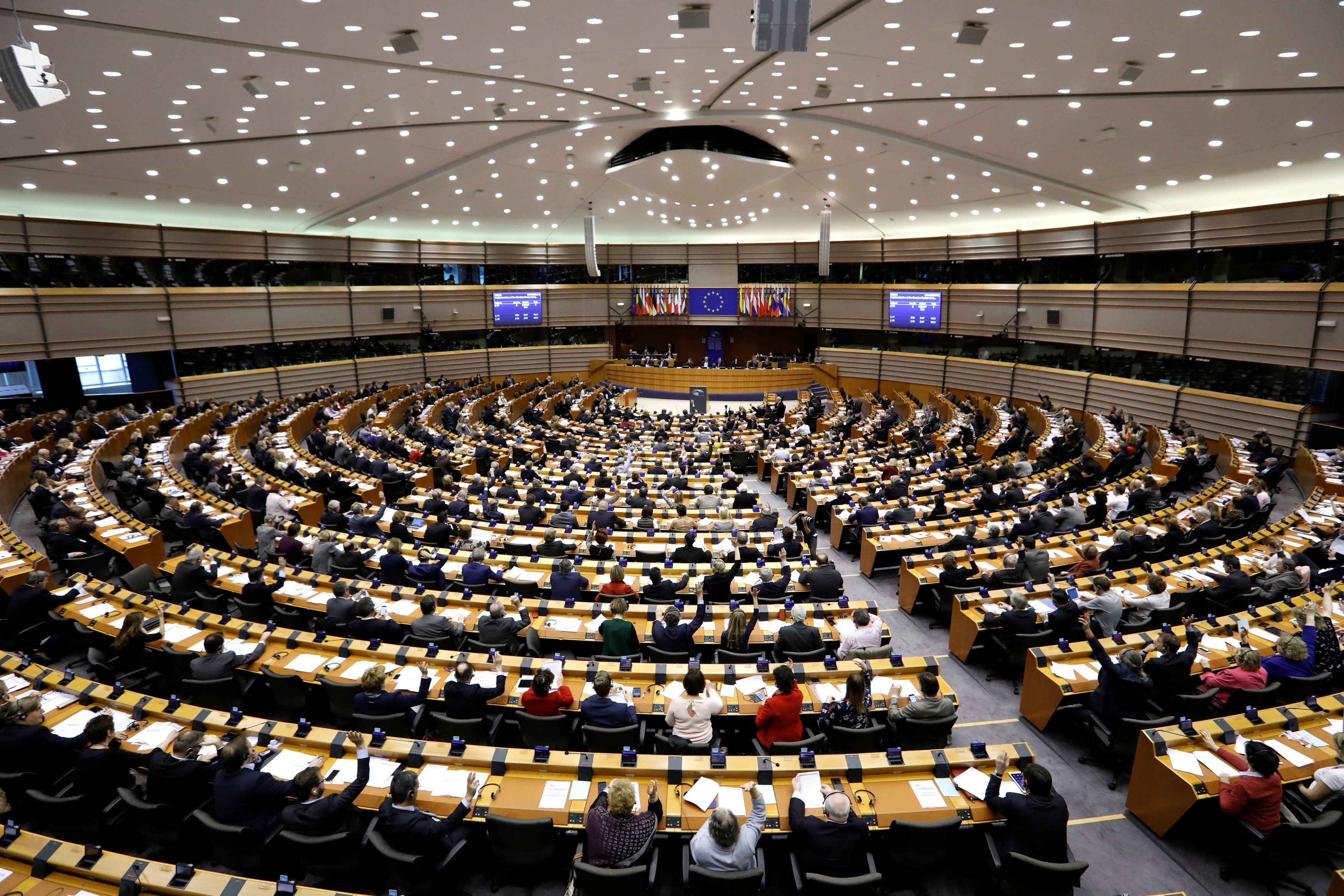Political Violence Is Even Worse in Europe
Attacks sometimes come from the right, more often from the left, and jihadism is a 21st-century wrinkle.
The assassination attempt on Donald Trump stunned the U.S. and has opened debate about dysfunctions in America’s political culture. Troubling too should be the reality that America isn’t alone. Political violence is reappearing across the democratic world, if it ever went away. The roll call of serious cases takes you aback when you put it all in one place. Slovakian Prime Minister Robert Fico shot in May (he survived). Former Japanese Prime Minister Shinzo Abe murdered in 2022. Two sitting members of the British Parliament killed in just over five years—Jo Cox in 2016, David Amess in 2021. A local-government leader in the German state of Hesse, Walter Lübcke, murdered in 2019. And others. Then there are the assaults. In Germany alone: Matthias Ecke, a Social Democrat seeking re-election to the European Parliament, was beaten up in Dresden in May; a Green Party worker was attacked around the same time, allegedly by the same perpetrators. Former Berlin Mayor Franziska Giffey was attacked in a library a few days later. The same week, two members of parliament from the far-right Alternative for Germany party, known as AfD, were assaulted at an event in Stuttgart; an antifa (far-left) group claimed responsibility. Across Germany, authorities tallied 206 complaints of violence against politicians in 2019, 247 in 2020, 288 in 2021, 183 in 2022, 234 in 2023. Following a mass shooting at a congressional baseball practice, an assassination attempt on a Supreme Court justice, the Jan. 6 riot and other instances, it’s impossible for Americans not to worry about a return to the chaotic and violent mid-20th century. Such concerns in Europe are worse, because that previous era was worse, too. Countries such as Italy and West Germany were convulsed by violence perpetrated, often but not exclusively by far-left groups such as Germany’s Red Army Faction (also known as the Baader-Meinhof Group). Italy’s Red Brigades in 1978 kidnapped former Prime Minister Aldo Moro and held him captive before he was found murdered more than 50 days later. The U.K. was a frequent victim of Irish Republican Army terrorism, which claimed the life of a member of the royal family and nearly killed Prime Minister Margaret Thatcher, while Spain faced separatist terrorism particularly in the Basque region. Much of Europe started quieting down in the 1980s. Britain’s Irish terrorism threat dissipated after the 1998 Good Friday Agreement, and Basque separatists called it quits in 2011. One could have hoped that the 2002 assassination of Dutch politician Pim Fortuyn marked a last gasp of European political violence. Instead, with hindsight it looks like the beginning of a new uptick. Some of Europe’s political violence has far-right antecedents (the Cox murder in Britain, the Lübcke case in Germany). More of it arises from the left.
More From The Wall Street Journal (subscription required):














